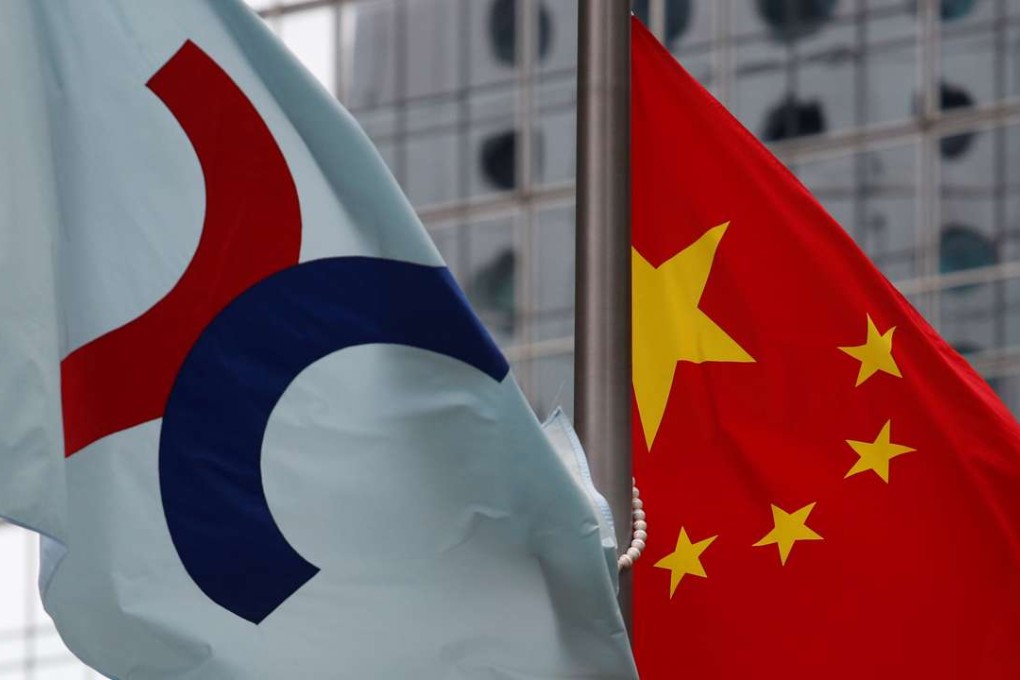Daily Report | Hong Kong stocks slip after US high-speed rail talks hit buffers
Sentiment also affected by a lack of economic drivers during the rest of June

Hong Kong stocks dipped in reaction to a US firm calling off a high-speed train deal with China.
Las Vegas-based XpressWest said on its website it had terminated joint-venture activities with China Railway International, regarding high-speed passenger services.
The Hang Seng Index widened early losses to close 1.2 per cent or 255.24 points lower to 21,042.64. The Hang Seng China Enterprises Index declined 2.2 per cent or 195.85 points to 8,831.97.
Castor Pang Wai-sun, Core Pacific Yamaichi head of research, said XpressWest’s termination of the train deal hit the Hong Kong market hard.
“The failed deal signals China cannot rely too much on overseas high-speed train deals to stimulate its economy,” said Pang, adding there was also lingering concerns that China’s One Belt, One Road may “meet some obstacles”.
“The failed deal signals China cannot rely too much on overseas high-speed train deals to stimulate its economy.”
The cancellation of the XpressWest talks was widely felt by Chinese railroad sector stocks.

